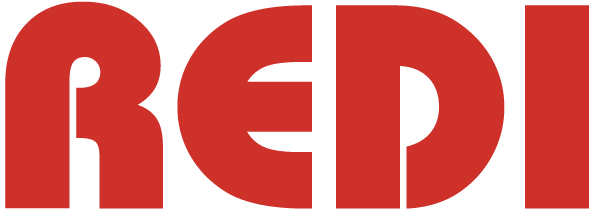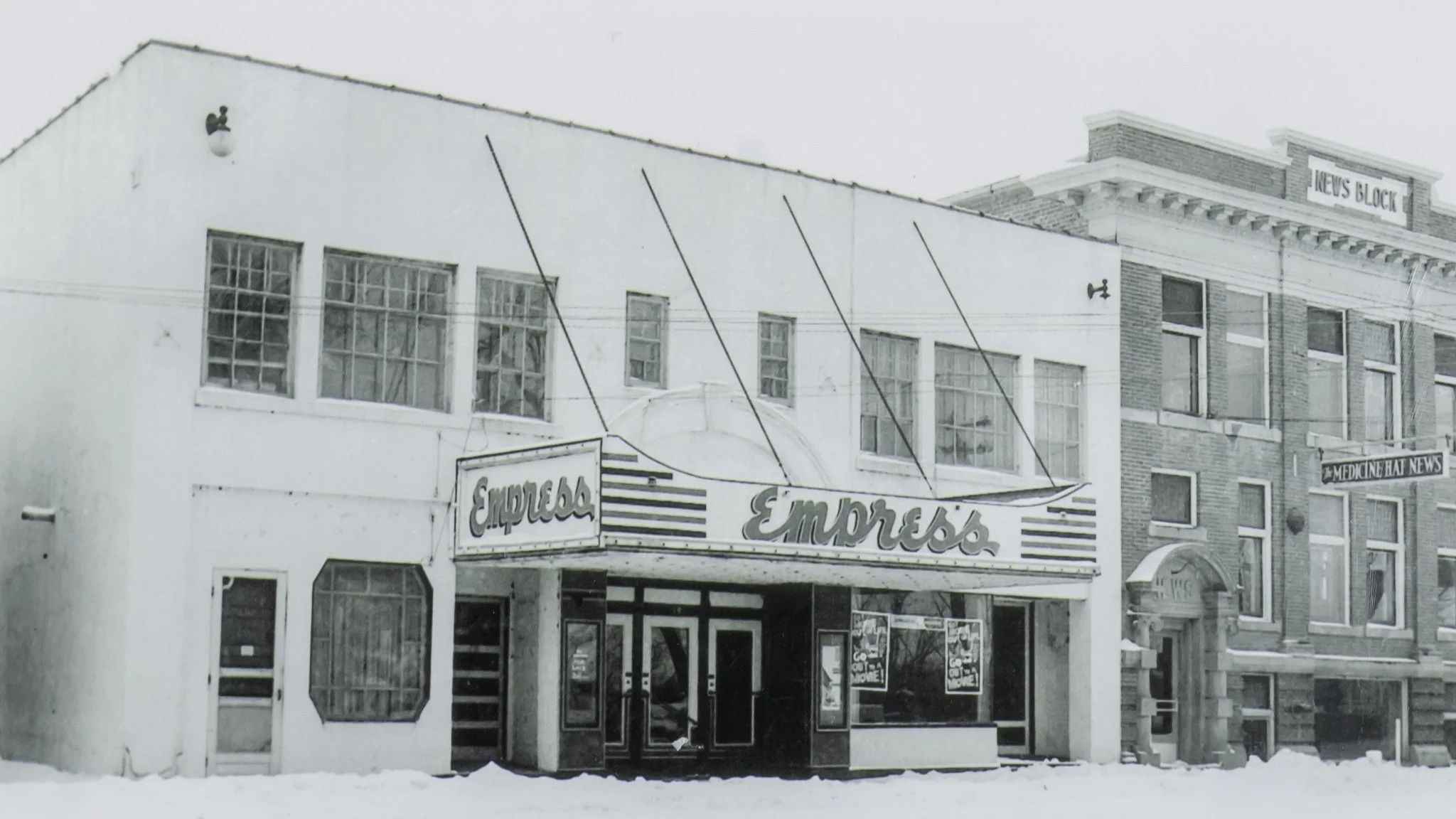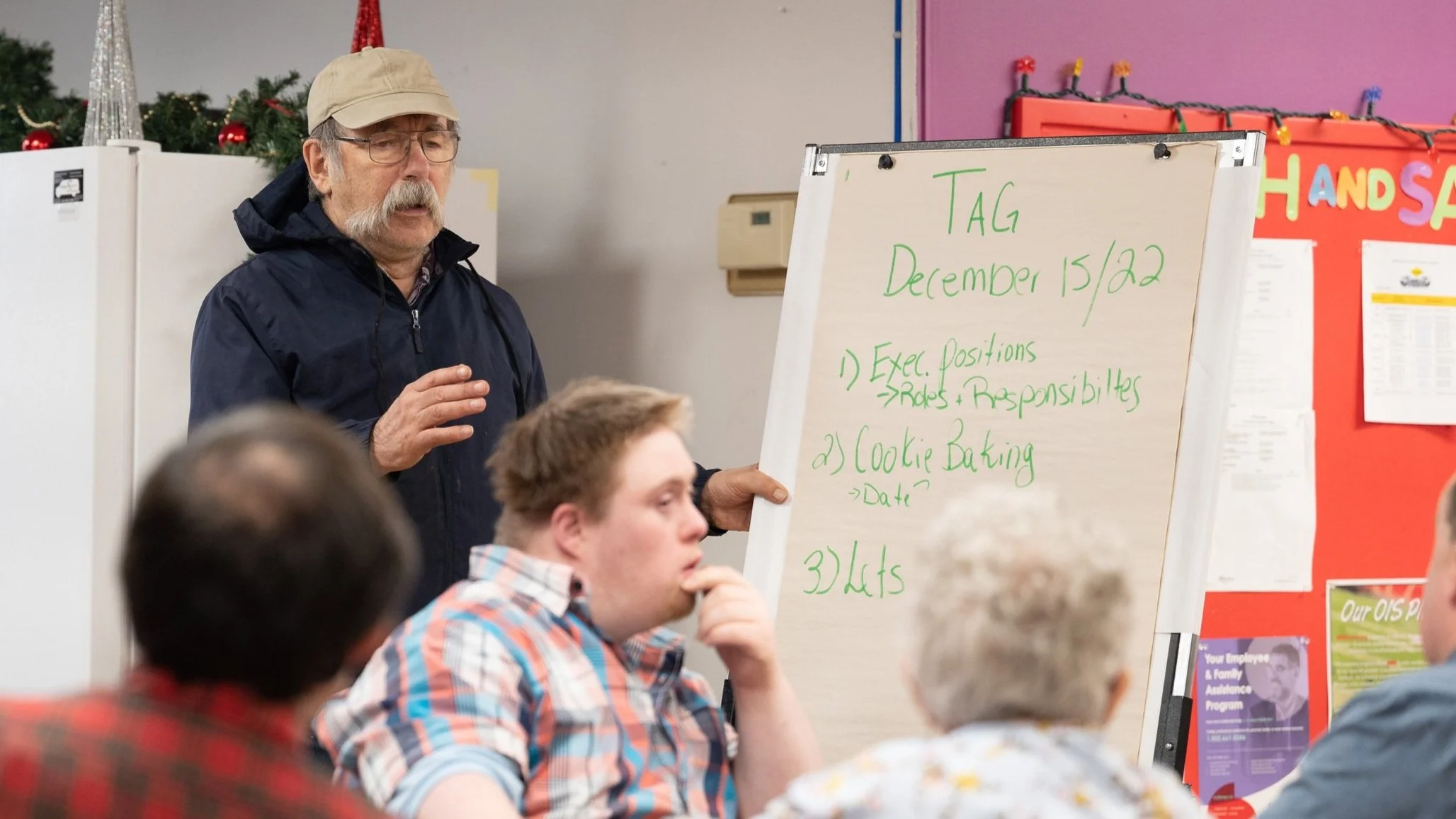Our Story.
Where it started
Following the Polio epidemic, society experienced a growing population of citizens with disabilities. In 1950, an ad was placed in the Medicine Hat News by Mrs. Beth Clarke and Mrs. Ada Williams that read “Anyone interested in helping the handicap, please phone…”. Little did they know that those 8 words would birth an organization that now helps over 600 clients annually, employs hundreds of people, and has put hundreds of thousands of dollars back into other local charitable organizations.
Our Mission.
We believe in
Meeting people on an individual basis
Loyalty, caring and commitment to those we serve
Trust, respect and understanding
Open and honest communication
Respect for the rights and responsibilities of individuals
Involvement of people in creating a healthy community
Treating all individuals in a fair and equitable manner
Recognizing diversity of society, including developmental, physical, economic and cultural
Teamwork, Quality, and Integrity
Accountability to those we serve
Our Culture.
Our Future.
As we look forward, REDI will be focussed on education towards other agencies in order to spread our philosophy and business model to disability services. REDI looks to become more of a contributor in the community and growing our community connection that leads to education and positive ripple effects for everyone. Inclusion benefits everyone and inclusion is the very root of our culture at REDI.
REDI looks to work more on community contribution, something we continue to make a priority. We have an amazing opportunity to find different ways that we fit so REDI is a name that is connected with the city and the community as a whole, not just the individuals we support. We will show up to your fundraiser, be a part of the chamber, work with the college, host practicum students, and help to educate and accept education in return.
In the future, REDI will become an integrated part of Medicine Hat culture.
By connecting and collaborating with community partners we are able to achieve our shared vision where our clients are healthy, feel safe, and are connected to the community in which they live.
The individuals we support are fierce volunteers to the community, dedicating over 400 hours in total. REDI participates in other local events and also celebrates local business who aid us in our inclusive future. REDI’s goal is to connect people through collaboration to ensure proper support for individuals.






